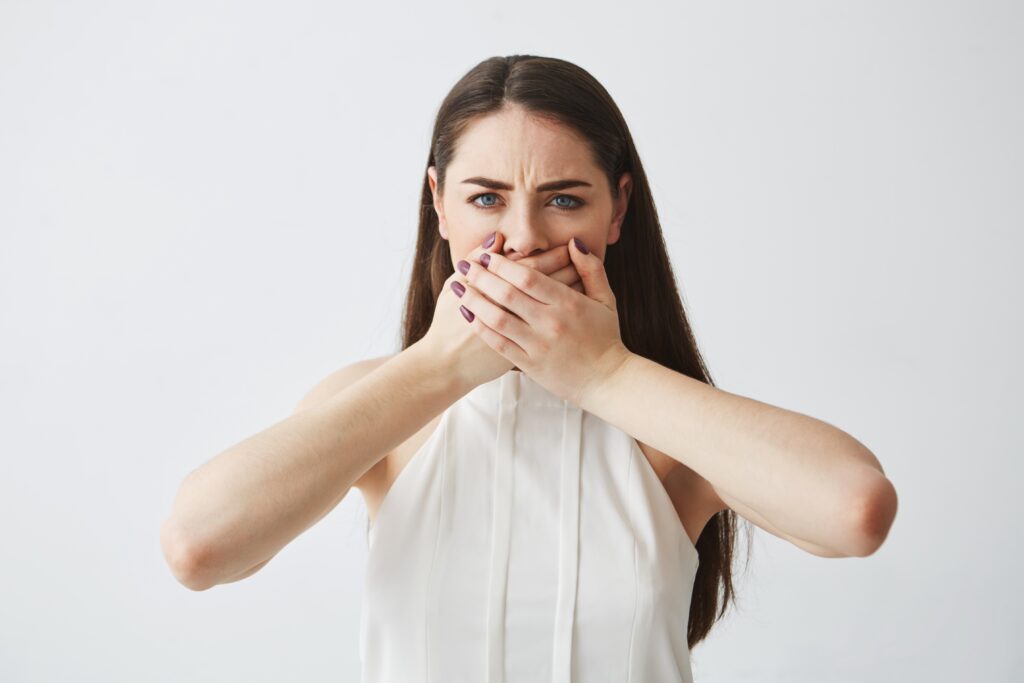
Brushing your teeth is an important part of your dental care routine for a healthy mouth and smile. Proper brushing technique is crucial for maintaining optimal oral hygiene and preventing wide range of problems
It is recommended to
- Brush your teeth twice daily
- Use a soft bristled brush with a fluoride tooth paste
- Replace your tooth brush every 3 months or sooner if the bristle are frayed
Brushing technique matters significantly for several reasons
- Brushing technique effectively removes the plaque, a sticky film of bacteria that forms on teeth. If plaque is not removed regularly, It can harden in to tartar leading to tooth decay and gum disease
- If left untreated it can lead to severe condition such as periodontitis,which can lead to tooth loss
- Using proper brushing technique helps to prevent the excessive wear on tooth enamel. If the brushing technique is not proper, it can lead to enamel erosion and tooth sensitivity
- Effective brushing removes food particle and bacteria responsible for bad breath resulting a fresher breath
- Ineffective brushing technique has been linked to various systemic health issues including cardiovascular diseases, diabetes, and respiratory infections
- Consistently practicing proper brushing technique,along with flossing and regular dental check-ups can help improve oral health and contribute to overall well being.
Proper Technique
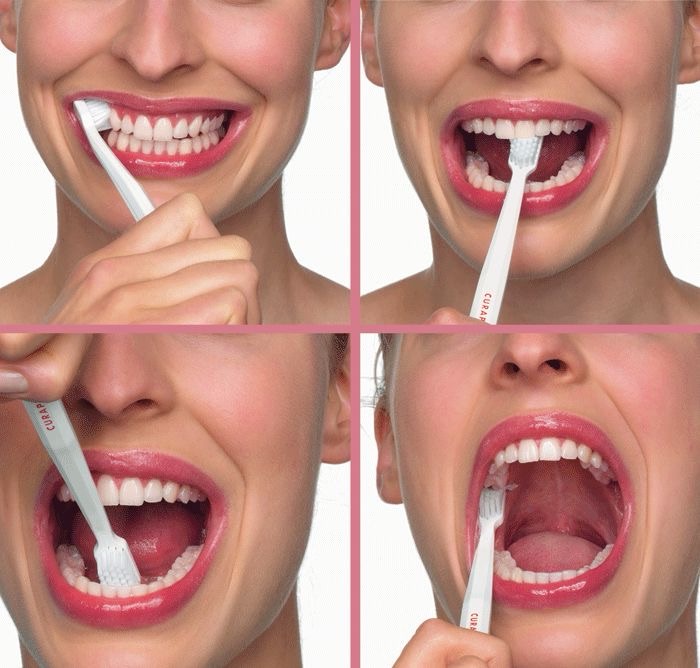
The most highly recommended brushing technique is the Modified Bass Technique
Video link
Positioning the tooth brush
Hold your tooth brush at a 45 degree angle to your gum line.
Give a gentle pressure so that bristle can reach inside the gum
Gentle circular motions
Using short gentle circular motion brush the outer surface of tooth.
Ensure you cover all the tooth surface moving from one tooth to the next
Angle towards gumline
Angle the brush towards the gumline for better plaque removal
Inner space cleaning
Brush inner surface of your teeth using same circular motion
Brushing chewing surface
For chewing surface use a back-and-forth motion to clean thoroughly
Brushing the tongue
Gently brush your tongue to remove bacteria and freshen breath
Oral Care Routine For Children
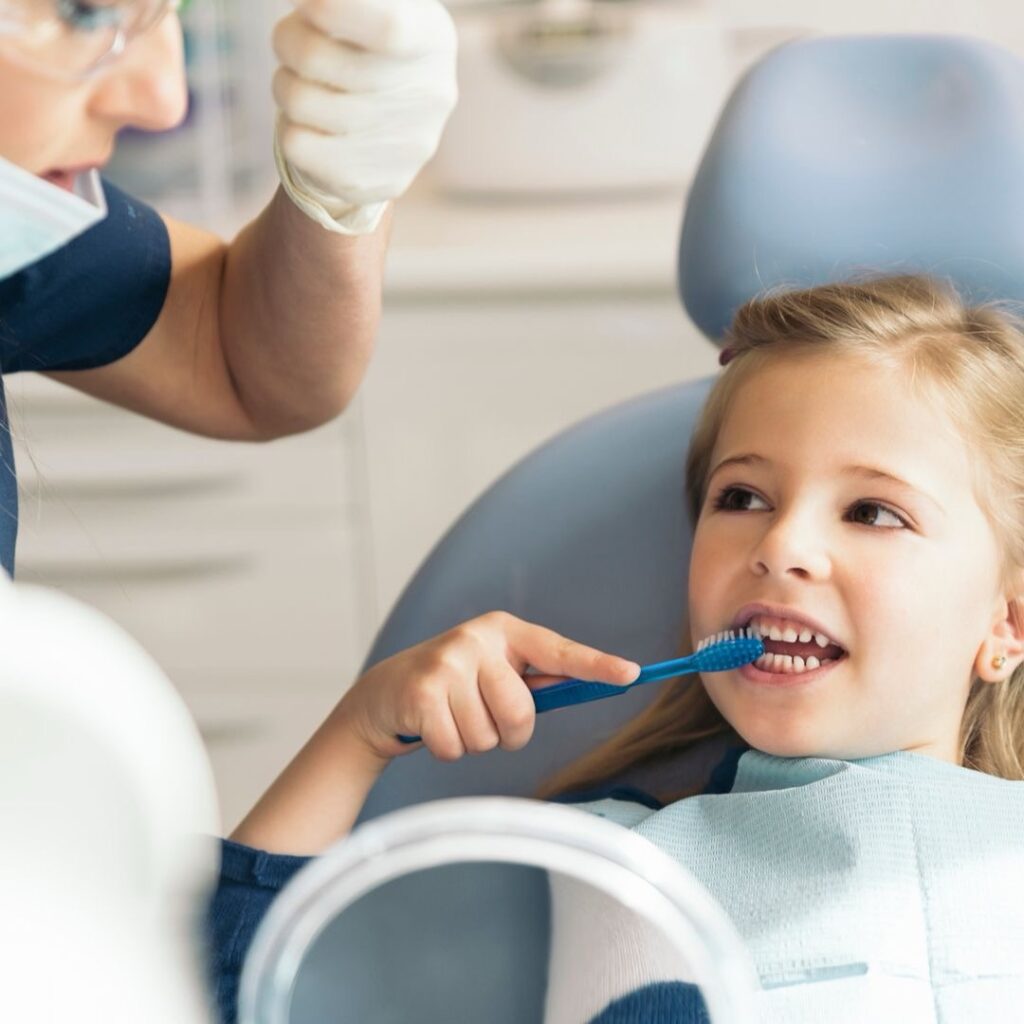
- Brush your babys teeth using a soft child tooth brush and water or with a soft wet cloth.
- Till the age 18 month don’t use tooth paste
- From 18 months to 6 years use a small pea sized amount of low fluoride tooth paste
- From 6 years use a pea sized amount of standard fluoride tooth paste
- Use of an electric tooth brush make brushing easier and fun
- Supervision is important until you are sure they can do it well by themselves
Diabetic patients
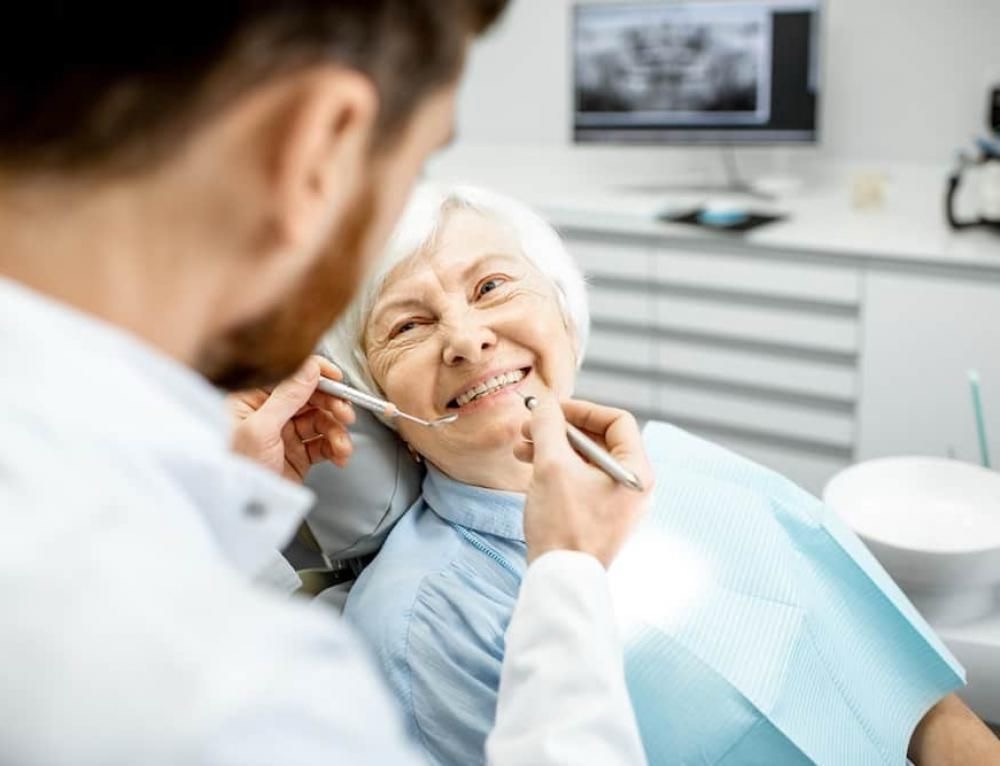
Patient with diabetes are more prone to have gum diseases.
Untreated condition advances in stages from inflamed gums to tooth loss
Follow the modified bass technique for brushing.
Brush at least twice a day with fluoride tooth paste.
Flossing is very important in diabetic patient.
Floss daily to remove plaque and food particle between teeth. This help to prevent gum disease and tooth decay
Orthodontic patients
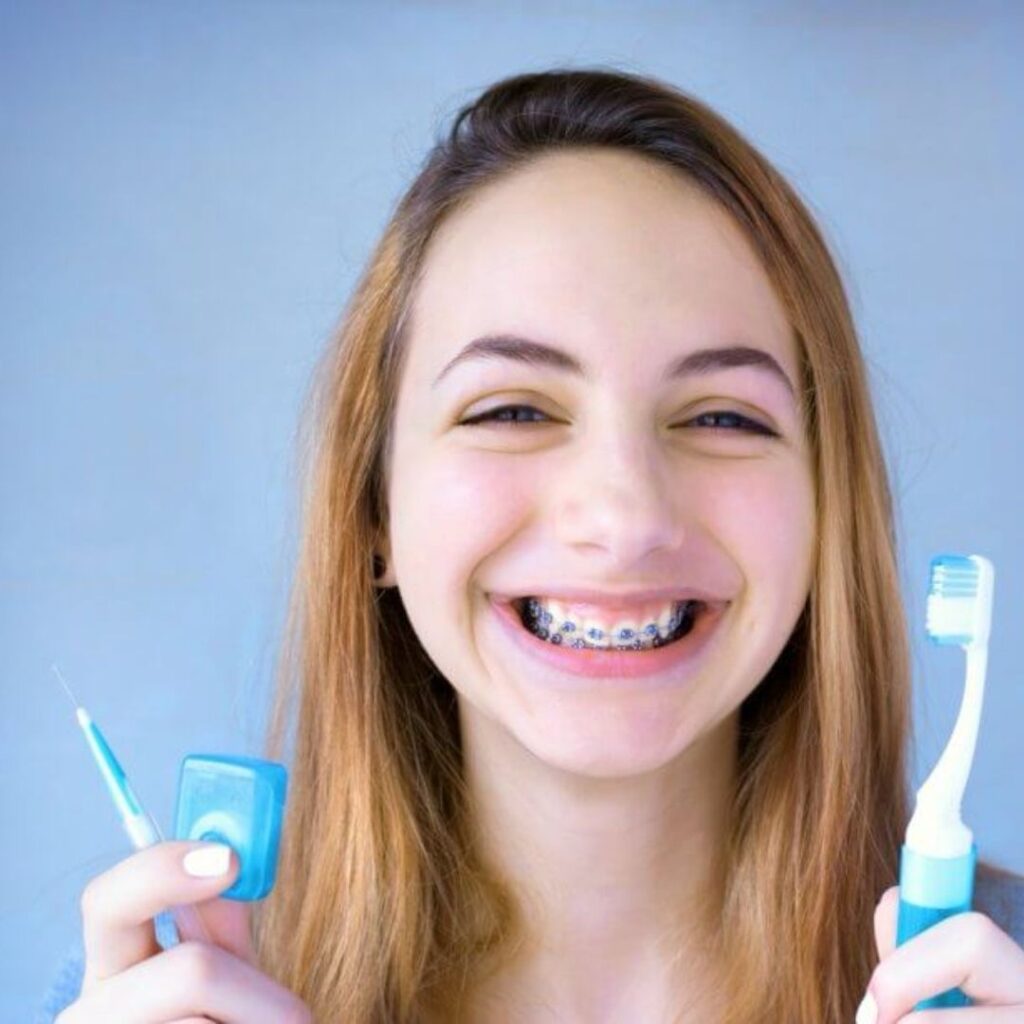
Brushing while undergoing orthodontic treatment requires an extra care to ensure thorough cleaning and prevent damage to the appliances.
Brushing Technique specifically designed for patient under orthodontic treatment
1.PREPARE
First rinse your mouth with water to loosen any food particles stuck in the braces or aligners
2.Choose the right tools
Use a soft-bristled tooth brush specifically designed for cleaning around braces or aligners.
3.Technique
- Start by brushing the chewing surface of your tooth using a back and forth motion
- Gently brush the front surface of each tooth at 45 degree angle, aiming the bristles towards gumline
- Pay an extra attention to brushing around the brackets or attachments of your braces,as well as along the gumline and between the wires
- Use a small circular motion to clean the area around the brackets thoroughly
- Use orthodontic floss threaders to floss under the wires and between the teeth
Conclusion
Mastering the art of proper brushing technique is not just about maintaining a bright smile, but it is also about safeguarding our oral health and overall wellbeing.
By adhering to the recommended brushing methods, we can effectively remove plaques, prevent gum disease and stave off cavities.
Making brushing a habitual part of our daily routine ensures that we are actively investing in our oral hygiene.
So let’s try to brush smarter and thus help ourselves to enjoy a lifetime of healthy smiles.
Related content
